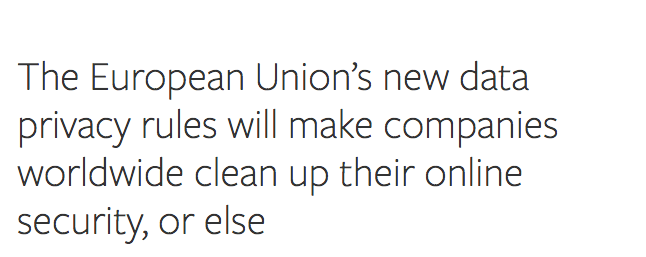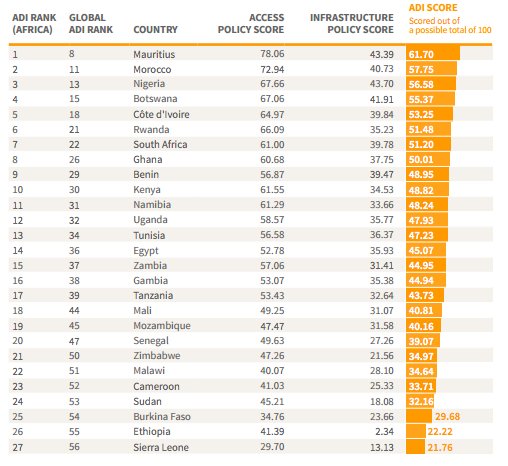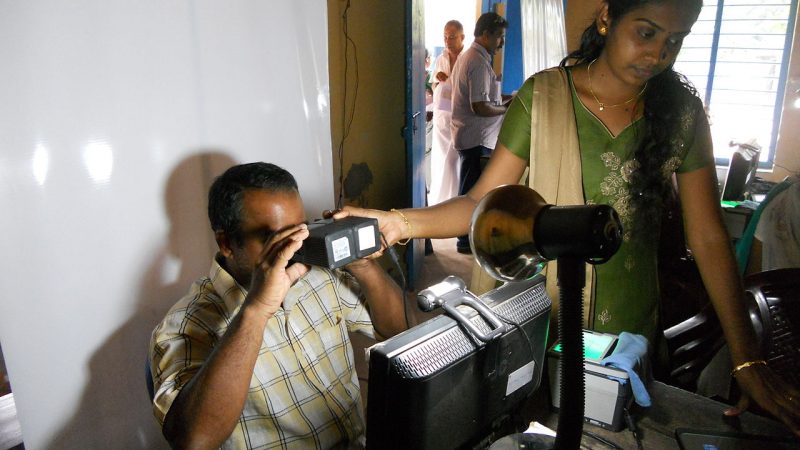Understand your Right to Privacy
By Solomon Lubambula
The Right to Privacy is just one of the many Human rights that every Ugandan should enjoy. Privacy is a fundamental human right recognized in international legal instruments such as the UN Declaration of Human Rights, the International Covenant on Civil and Political Rights and the Ugandan Constitution as stipulated in Article 27, Chapter 4.
However, it is after one understands their rights that you can demand and freely enjoy them, or be in position to protect the rights of others. An interview with the Unwanted Witness, DR KAKUNGULU MAYAMBALA, a law lecturer at the Human Rights and Peace Centre, Makerere University School of Law explained the meaning of Right to Privacy.
How important is the Right to Privacy? – The right to privacy seeks to secure the individual’s right to personal realization, actualization and the ability for the person to meditate on their life, and to do things they do not feel uncomfortable doing. It has so many functions but its main function is for self-meditation. Somebody can choose to be private or go into privacy to have self-meditation and also in some situations there are things people do not want others to know about, such as their bank accounts, their body integrity, among others, so (the right to privacy) seeks to secure the individual’s body and the soul.
How do you rank the observance of this right? -Well it depends because the scope for the right to privacy is wide. It talks about privacy of the home, privacy of the person, privacy in correspondence (if you write a letter to a person), privacy in communication (like your phone not being tapped into by another person) but generally, the privacy to the person and also the privacy of the home are well observed. But respect for other types or scope of privacy may have challenges in terms of national security.
When is this right abused? -The right to privacy to person may be violated during times of arrest but generally the law tries to put safeguards like there is need for a police search warrant, but the scope is wide to cover the right to privacy to correspondence and communications. Regarding the right to Privacy to communication, do you think the SIM card Registration has implications on the right? -Well it may have some implications but the fact is that the exercise has been provided for by law, the right to privacy is not absolute, so there may be some limitations placed on it.
And the telephone companies are meant to use that information for only the purposes of registration, they are not supposed to use it for any other purpose apart from that, so all the companies need to do is to just get the details about the customer, so in that way the right to Privacy would not be so much infringed upon since they are not asking detailed personal information. Even if it threatens the right to privacy, it is provided for under the Interception of communication Act and the fact is the Right to Privacy is not absolute; there may be some limitations which may be placed on it. Critics have expressed concerns about the safety of the data being collected by these Telecommunication agents, adding that this could pose a threat.
What is your take? – Well, there’s that challenge because we do not have an express data protection law but even if there is no Act, you can look at a few other legislations, for example, the companies are seeking the information for only registration purposes. So under international law, if you seek information for a particular purpose, then you cannot turn around and use it for any other purpose unless you ask for extra permission from the people who gave you that information. For example, you cannot just walk to MTN with a person’s phone number and ask for a printout of their calls or text messages.
No, MTN will not give you that information unless you have a police letter, then, the information would be provided to Police especially when a person is suspected to have committed a crime. So the data being collected by telecommunication companies will be regulated because it is only collected for purposes of identifying their customers and it should be used for only that purpose.
What categories of people that are mostly affected in terms of abuses? -It is mainly the celebrities, people who are popular like artists, politicians, Traditional leaders, a wealthy businessmen because people want to read about them, people are eager to know what they are doing, so the rate at which their right to privacy will be infringed upon is high because they make news. Secondly, the opposition politicians, their right is also likely to be affected because of the virtue of their work.
The government will always be tempted to know what they are doing, so their rights are more likely to be infringed upon. So do Public Figures enjoy their right to Privacy? -They enjoy the right to privacy but in a limited way because of their nature, the media is so much interested in following them. Even when their right to privacy is infringed upon by the media, these celebrities or public figures have to prove that the journalist violated their right to privacy with malicious intent in case they sue for defamation.
Who are the perpetrators that mostly infringe on people’s right to Privacy? -The leading violators are the media and the Intelligence networks. In the first scenario of celebrities, it is the media especially the tabloid newspapers, then, for the opposition politicians it is mainly the National Security intelligence agencies, who are likely to be interested in listening to what, for example, Dr. Besigye is communicating or organizing. How best can the right to Privacy be observed or protected? – The limitations that have been put on this right are provided for in Article 43 of the constitution. They should be justifiable in a free and democratic society to safeguard this right.
The limitations should not be for persecution of political opponents in other words, there should be a valid cause. For example, there are some valid reasons for the SIM Card registration where some people use their phones to commit crime, but still, the law provides for grounds when someone’s phone can be legally intercepted, such as listening to a telephone conversation is supposed to sanctioned by a court order.



